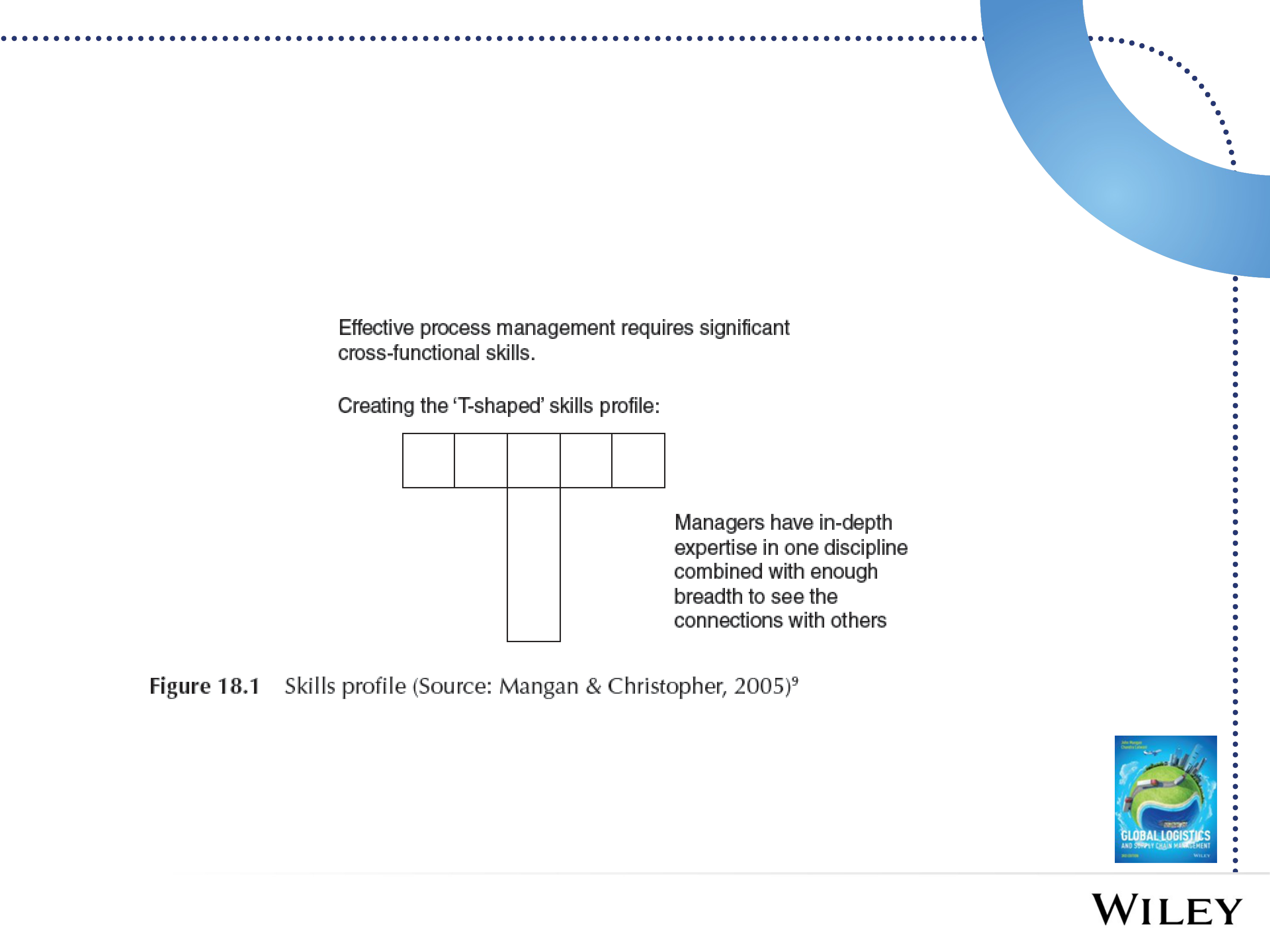Robustness and resilience there increasing need sense and respond
· Understand the need to synchronise the design of supply chains with the design of products
· Detail the skills and knowledge areas required of logistics and supply chain managers in the future
· Operating ‘own-account’ transport versus using LSPs – and with regard to the latter identifying and selecting LSPs, and determining whether to employ a 4PL
approach· Use of electronic logistics markets
Common Logistics and Supply Chain Strategies and Practices (4 of 5)
· Managing outsource and offshore activities
· Procurement (sourcing and purchasing) – addressing
ethical sourcing concerns
· Supplier rationalisation and development
· Determining how much inventory to hold, in what location(s) to hold it and what inventory control system to use
· Determining costs – activity-based costs, through life costs, opportunity costs, generalised costs and landed costsCommon Logistics and Supply Chain Strategies and Practices (5 of 5)
· Identifying and tracking appropriate metrics, ensuring compliance with SLAs
· Coordinating and managing upstream and downstream materials flows
· Maximising capacity utilisation and efficiency
· Assessing risks and complying with security, customs, food safety and other requirements
· Business continuity planning
· Completing appropriate documentation, selecting Incoterms· Data analysis, forecasting of activityThe Supply Chain Manager of the Future
9 Mangan, J. & Christopher, M. (2005) Management development and the supply chain manager of the future, International Journal of Logistics Management, 16(2), 178–191.



